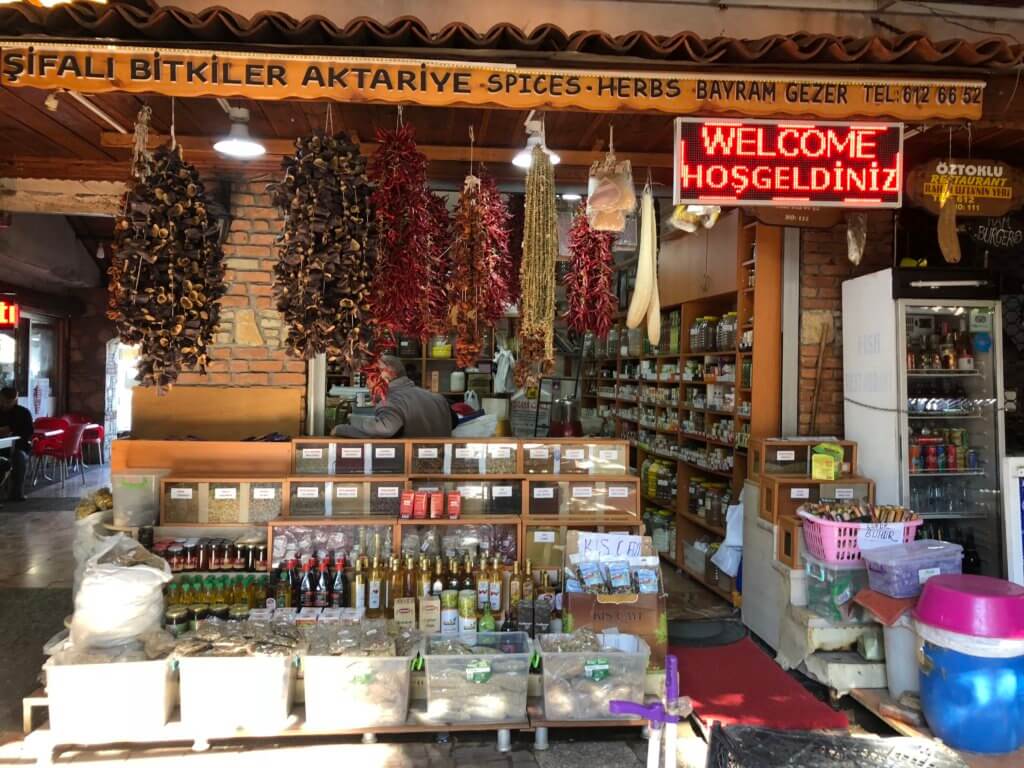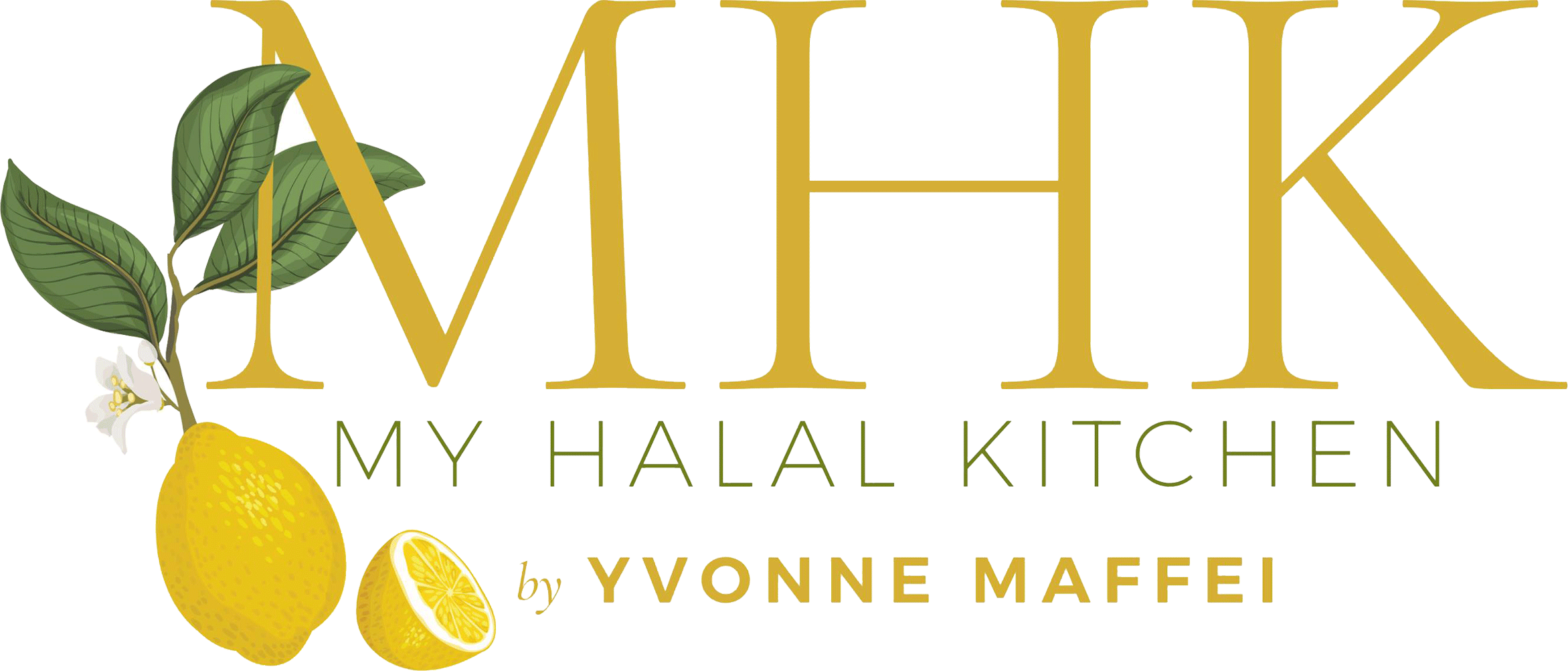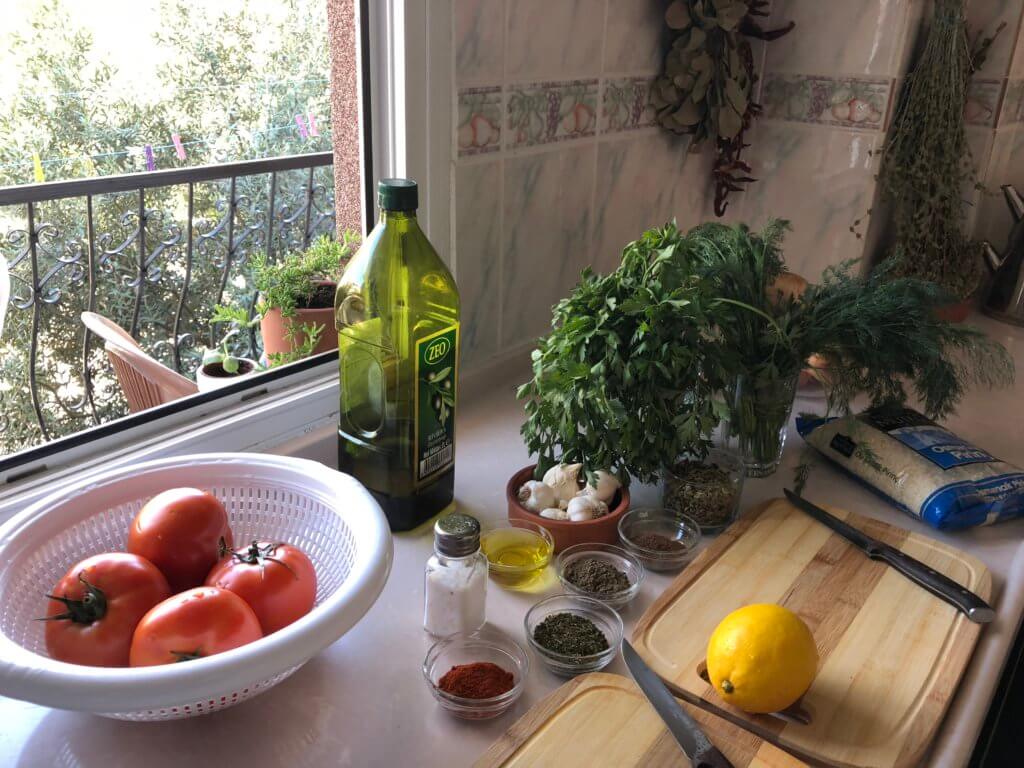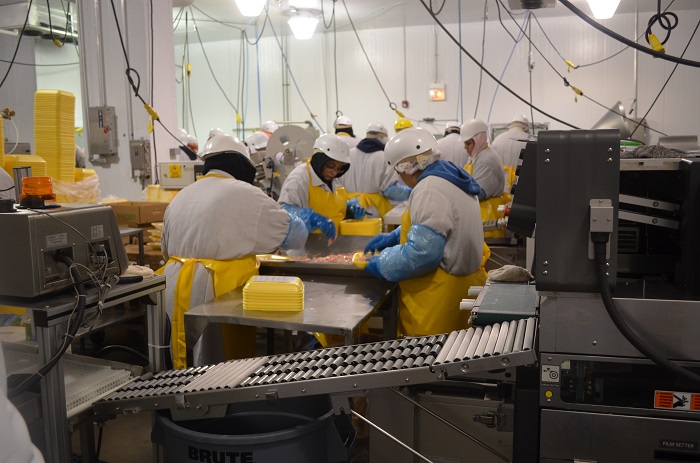Living in Turkiye Changed How I Shop & Cook

Self empowerment is defined as an individual being “in control of his or her life and views the trials they face in life in a positive way. It’s also about building self-esteem and confidence.”
This little dish of Pasta with Bechamel Sauce represents the exact reason why cooking for oneself is not only an act of self-care, but also an experience in self-empowerment.
Why?
Because it embodies the art of knowing how to survive and thrive on less. Less money, less stuff (in this case, ingredients), fewer cooking tools & gadgets, and more time for the things you actually want to do.
Since I’ve relocated to Turkey, I’ve had to learn to manage quite a challenging cooking situation. I know this isn’t the case for everyone who moves abroad, or everyone who moves to or lives in Turkey, per se. This is just my experience and mine alone.
First of all, I left most of my well-used kitchen gadgets back in the U.S. I only brought the ones I couldn’t cook without (i.e. my trusty lemon juicer, a microplane, a mini grater(more useful than you might think), kitchen shears, immersion blender, spice grinder), I couldn’t bring what I really needed, such as my blender and food processor. I thought I would be fine without them- and I am, however, it has made the cooking process longer. I try to take it all in stride and call my intense chopping sessions my ‘cooking therapy’.
Second, prices are higher here for convenience/processed food items that are relatively cheaper back in the US: frozen foods, imported foods, and gourmet foods like Parmesan cheese, all of which were normal parts of my grocery budget back in the U.S.
Since I was an avid Trader Joe’s shopper in the U.S., I got everything I ever wanted to cook with for what I considered fair and good prices. That goes without saying that for whatever else I needed to fill in the gaps, select places online (i.e. Amazon) was a treasure trove of goodies I could tap into quite easily- and why not, with Amazon Prime‘s free shipping and all.
Needless to say, Amazon Turkey has a lot of catching up to do in that regard, but they are well on their way. Heck, online shopping overall is amazingly good in Turkey and I did use it for things I couldn’t readily find. Keep in mind, I did not live in a big city like Istanbul, so my access was slightly different. I wasn’t anyplace remote, either, but Fethiye is definitely not the size of Antalya, Izmir or Ankara, either.
Now that I come to think about it, my sudden withdrawal is probably the reason for all the thoughts I’d been having about shopping for shredded coconut, tubs of hummus, and alcohol-free vanilla extract at my local Trader Joe’s…
Instead all of that was replaced with the likes of some of best local fresh markets I’ve ever seen in the world. I had nothing to miss and everything to gain, really.
As a result, I’ve had to substitute for ingredients I simply can’t find very easily like my local Tulum for the Italian Parmesan cheese, which is very similar in texture but not exactly in taste, however it does the job. I have to stretch fresh seasonal vegetables from one market day to the next or until they come up in my balcony garden because they are also way pricier and not nearly as good quality in the larger grocery stores here like Migros, a common grocery chain all over the country. The grocery store produce is still a lot better quality than most I’ve seen anywhere else, though.
In the U.S., of course you can find fresh organic food products in many reputable grocers, but at a very steep price. On top of that I now realize that it sometimes makes it more tempting to overstuff the fridge with fresh things that will quickly go to waste before you can use them all up. On the contrary, here refrigerators and freezers are generally smaller than the American ones and mine is particularly small, so we don’t have the massive capacity to store so many frozen items or even the fresh ones plus all the added goodies (mostly those processed jars of condiments), either. I actually don’t mind it. Sometimes I think, “How much food was I hoarding back in the U.S.?”
What I’ve also learned from this experience is that there is an ease of living with less, but it doesn’t mean that the quality of life is less. In fact, I felt so much lighter. I was able to make lemonade out of the lemony feeling I got from many months of being a tad irritated, a little worried and allowing myself to spiral downward into the abyss of thinking my cooking career would be over without access to a million and one different and unique branded food products and cooking gadgets.
My true inner chef has come alive again. Just like driving a manual car versus an automatic one, I get to cook with my whole body, my imagination; I get to touch and feel and smell all of the ingredients again, rather than pour things from a bottle or pouch or jar – which happens not only when you’re busy, but when you’re presented with a slew of amazing and beautifully packaged ‘organic’ goods. Ask yourself, are you really in touch with the earthiness of those foods? With their real essence? Their smells, texture, and quality? Are you really in tune with their nature and how they’ll perform in the dishes you plan to create?
I say not…
As a result of the challenges to my cooking, I tapped into my authentic inner cook, the actual chef inside of me who has had the opportunity to come alive again and get the machine running as it should be, the way I first learned to cook when I was just eighteen years old and traveled to Italy for the first time, seeing the open markets and bringing the freshest ingredients home where my aunt taught me the beauty of pushing your sleeves up and getting down to the nitty gritty of cleaning fish, peeling onions, crushing garlic, cooking tomatoes for sauce, choosing the best basil from the pots outside in the garden, and tasting what it really feels like to cook.
That’s also the first time in my life I felt empowered to truly take charge of my cooking.
I had lost that feeling in recent years. I’d lost it to the disease of busyness. I’d lost it to the idea that I needed to try a gazillion and one products and gadgets to be considered a modern cook. And I wasn’t happy. In fact, I was miserable. Deep down, I knew that all I wanted was to be back to nature, back to the earthy goodness of those fresh air markets where I could physically touch and inspect the ingredients that I would bring into my home and create the art I was meant to do. Coming face to face with the vendors who sell those ingredients makes me feel more accountable about using up the entire product a real human being worked so hard to plant, care for, harvest and bring to market so that I can cook with and nourish my body with it. Coming here gave me that gift of conscious cooking, even though I couldn’t see it right away.
There’s also an economic impact to all of this. Knowing how to cook has always saved me from spending money on eating out, eating food I don’t enjoy, or even snacking instead of having a proper meal; and instead using my self-taught cooking skills to be creative and a master of stretching the food budget while never sacrificing on taste. Now that is empowering.
The Béchamel recipe I referred to earlier is just an example of a time when I was very limited on ingredients at home and was actually craving pasta alfredo. Since both recipes are in my head, I was able to churn out the Béchamel quickly, something that anyone can do if they simply put their minds to it and learn.
You don’t have to be a professional chef to empower yourself with these same skills.
But wouldn’t you feel like a Master Chef at home if you made something like this for yourself, without fuss, and took back your time, your money, your kitchen space and more? It’s doable, I promise you. And you don’t have to move abroad to get there.
Both recipes and easy instructions for making Alfredo and Béchamel can be found in the My Halal Kitchen cookbook and only require a few essential base ingredients: flour, butter, milk, salt, black pepper. Red pepper flakes on top make it more Turkish, but you can leave those out and add some fresh herbs or nothing at all. It’s your dish, so you do you.
You can get the My Halal Kitchen cookbook here.









A brilliant read!!! I couldn’t agree with this sentiment any more if I tried.
I think all of us ‘Gelin’s’ who’ve come from the four corners of the earth would feel the same way. We’ve all had the honeymoon eyes followed by all those frustrations. Hopefully, we all then pass at some time to the acceptance stage and yes you’re right; Then the luckiest of us will get to that empowerment stage you describe so well. I was just thinking to myself today how it can be so easy to get into the rut of winter cooking but there’s something very very special about finding mindfulness in making everything from scratch.
Here’s to you taking on the challenge of cooking here, mastering Turkish cooking and bring us much more of the local cuisine on your already wonderful trove of recipes and information.
Thank you so much, Christa. There is so much to learn and I know you’re way ahead of me in that area! Love your blog and all your work to explore the bounties of the Turkish Kitchen 🙂